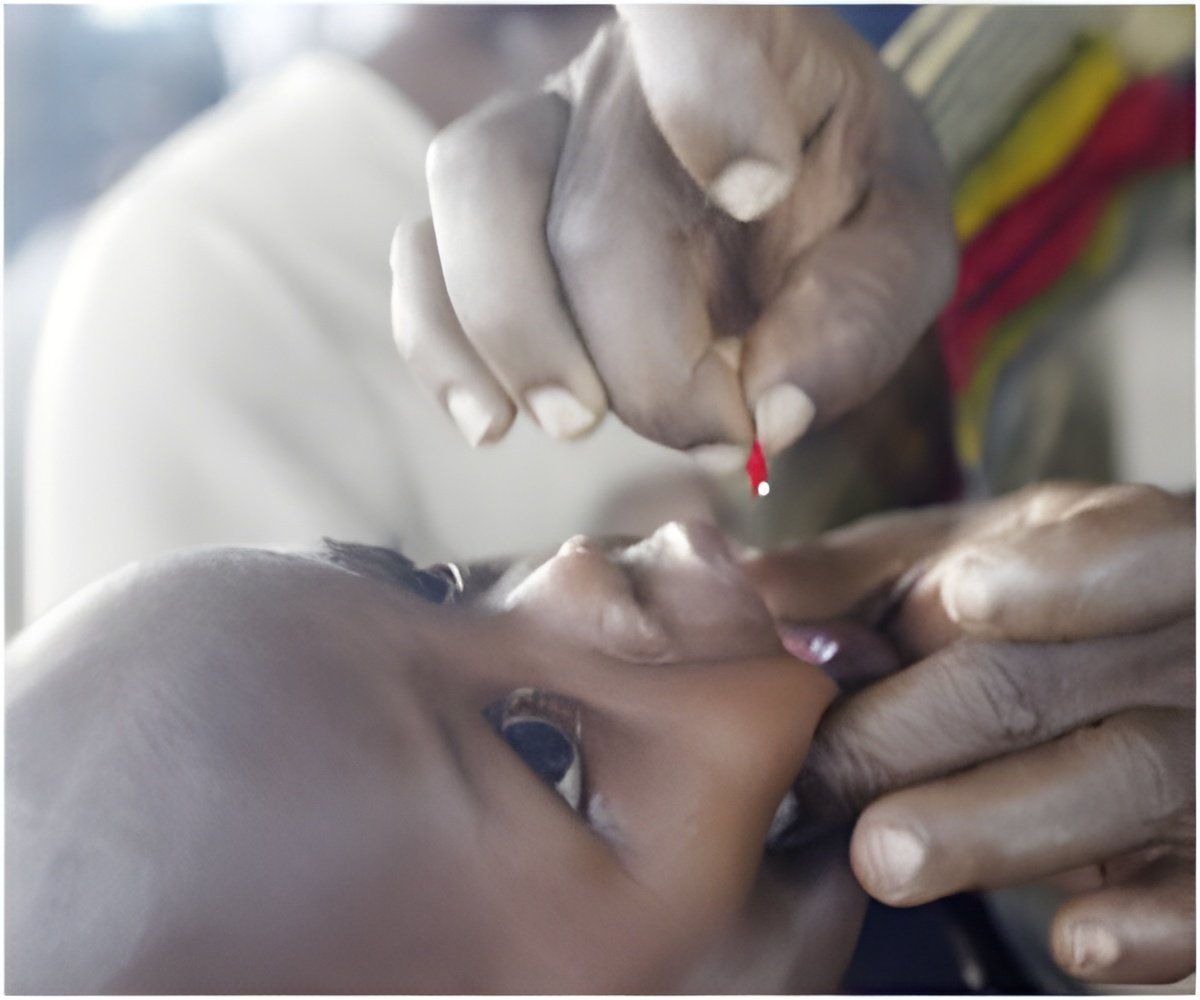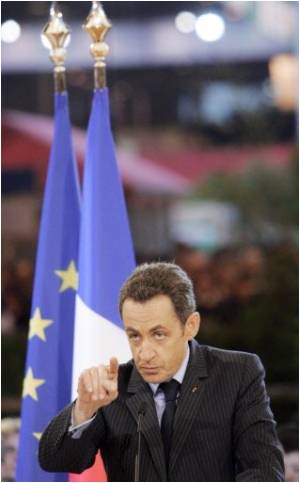UN agencies are stepping up their attempts to encourage vaccination in children in Syria against the polio outbreak in the war-torn country

Last weekend, the WHO warned that Syria might be facing its first outbreak of the crippling disease since 1999, after two suspected polio cases were detected in the eastern Deir Al Zour province.
WHO spokesman Oliver Rosenbauer stressed in an email to AFP Friday that "final lab confirmation is still pending," but acknowledged "the operating assumption is that these suspect cases will likely be confirmed, and everyone is in outbreak response mode".
The highly infectious disease affects mainly children under five and can cause paralysis in a matter of hours. Some cases can be fatal.
Twenty other children in the region, most under the age of two, had also been stricken with acute flaccid paralysis, which is the symptom of a number of different diseases, including polio.
The cases are being investigated, but Rosenbauer pointed out that of the some 100,000 such cases his organisation examines each year, only a few hundred turn out to be due to polio.
Advertisement
"Around 500,000 children in Syria have not been vaccinated against polio in the past two years due to insecurity and access constraints," she told reporters in Geneva, stressing that before the deadly conflict around 95 percent of all Syrian children were vaccinated.
Advertisement
The reining chaos has meant that "routine immunisation systems so critical to preventing childhood diseases, have been disrupted or broken down," Mercado said.
"Children are now at far higher risk of diseases such as polio and measles," she warned, adding, "it is more urgent than ever that this campaign be allowed to take place and that we reach all the children that we are trying to get to".
Unicef was working to ensure vaccines are available across the region, and was also trying to help raise awareness about the importance of vaccinating children.
Prior to the new campaign, UNICEF had this year already provided 1.1 million Syrian children with the measles, mumps and rubella vaccine and 800,000 with the polio vaccine, she said.
Source-AFP











